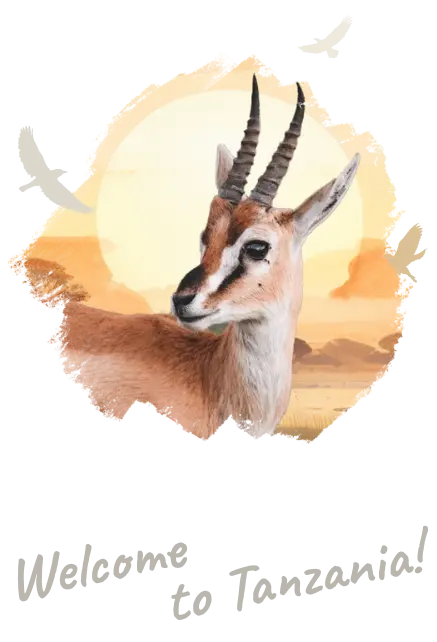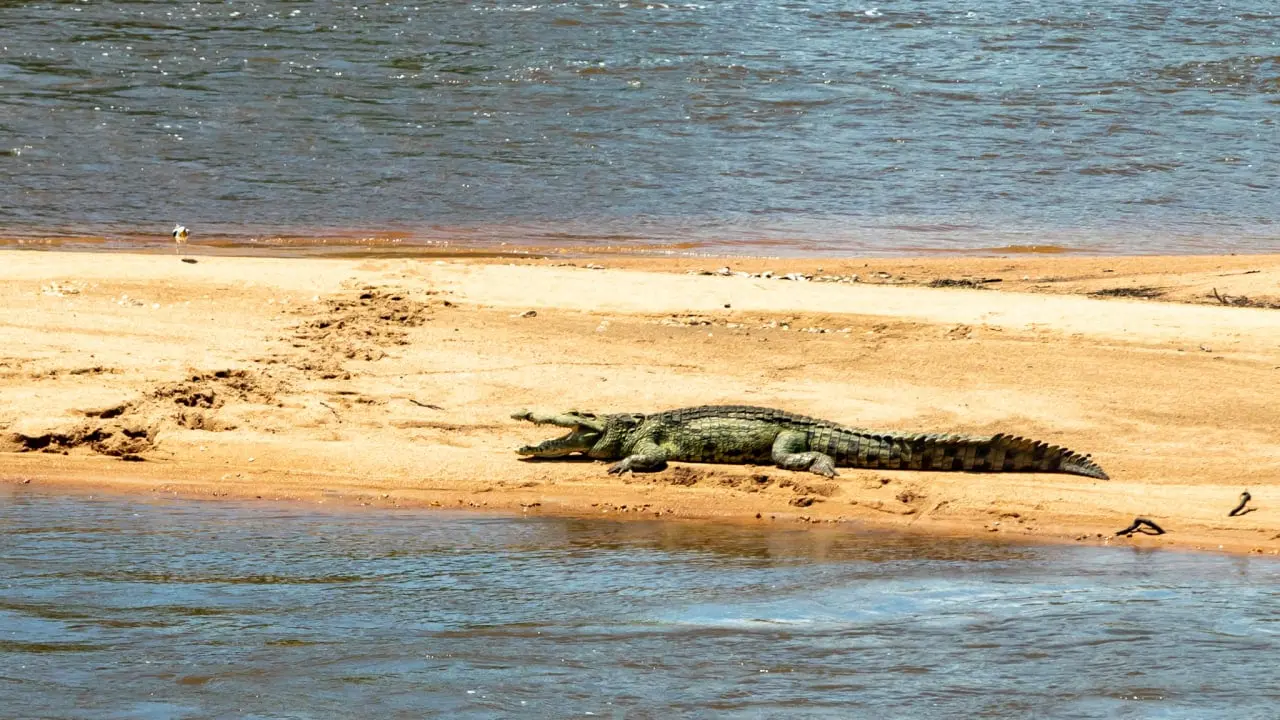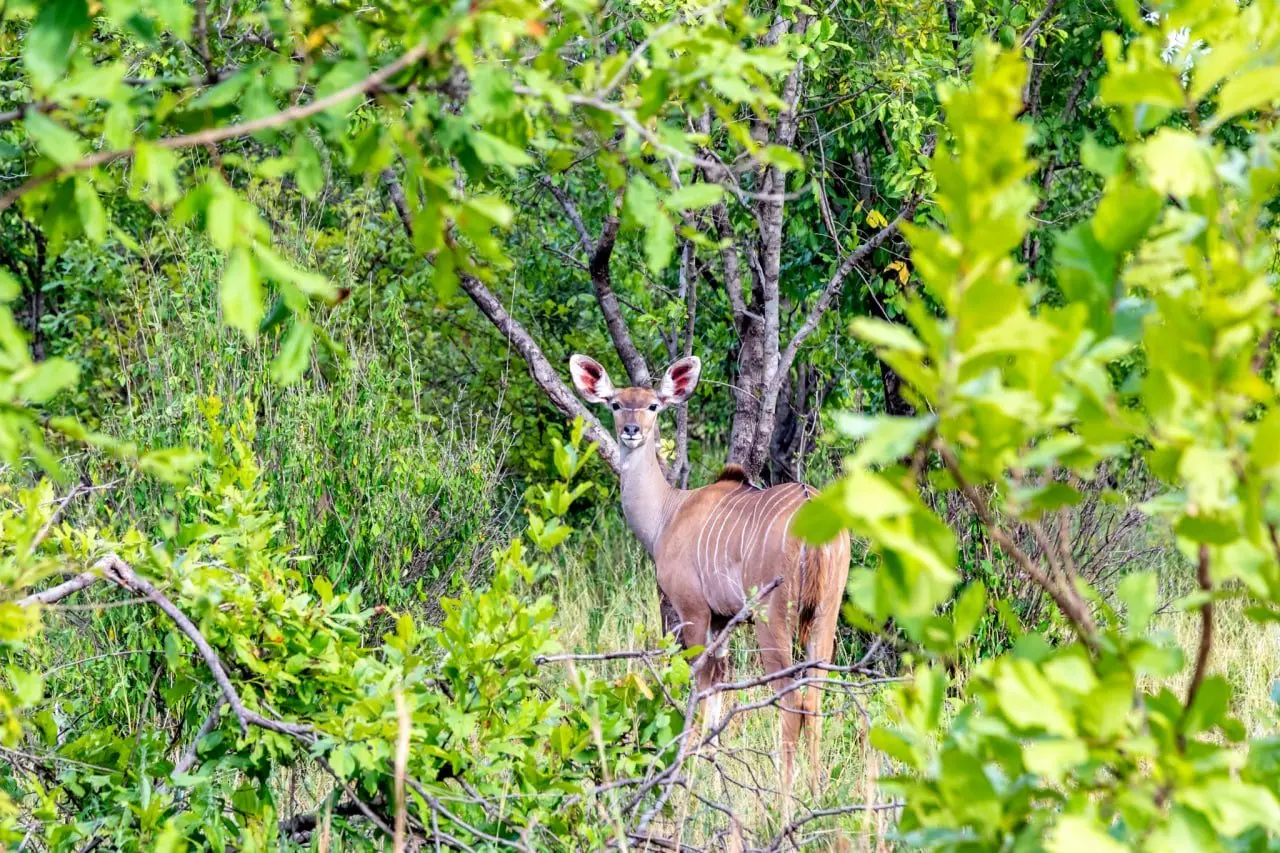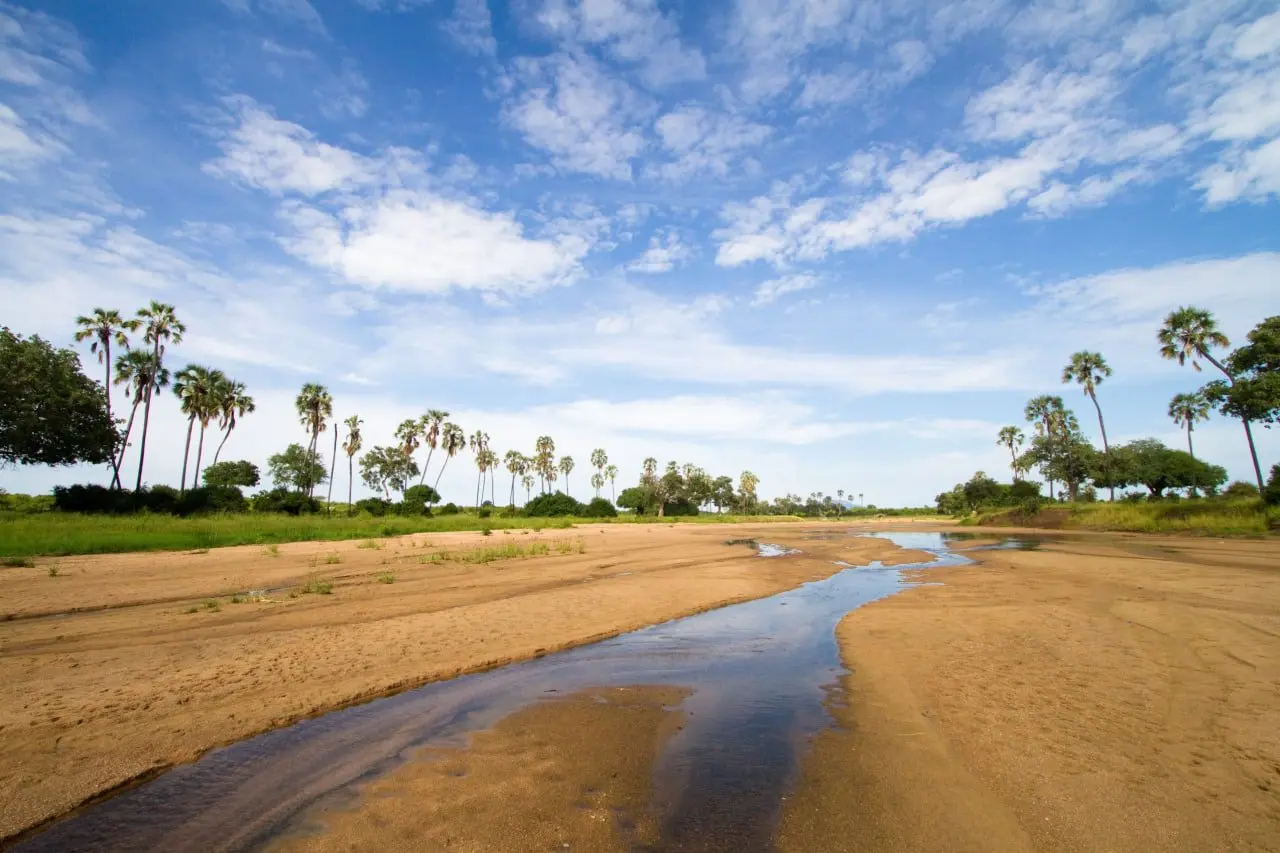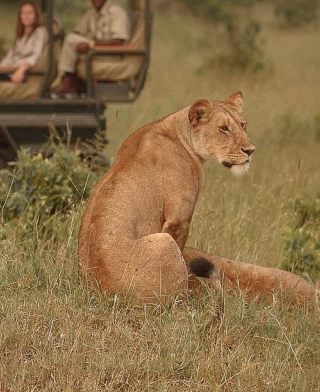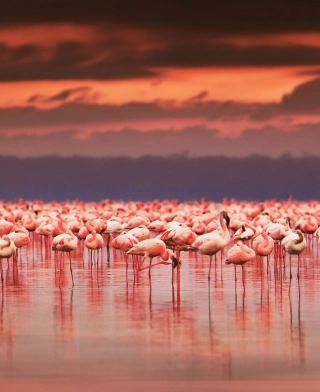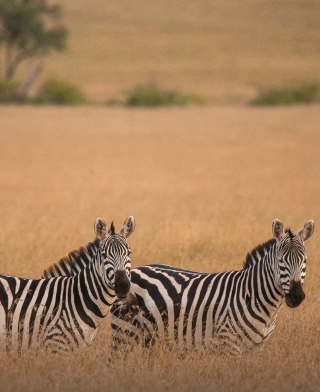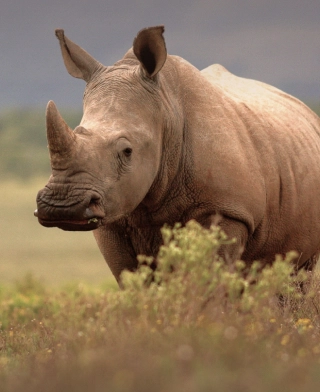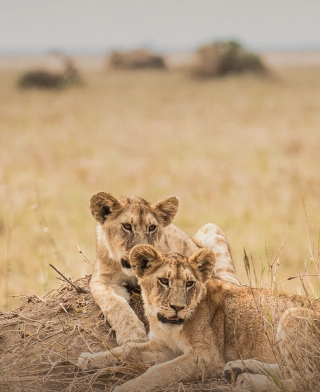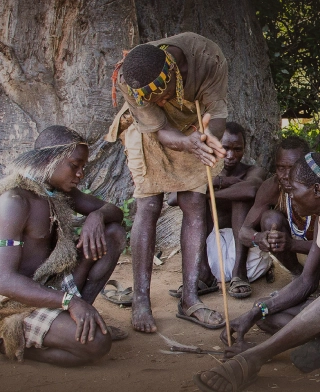
Ruaha National Park
Africa's hidden treasure land far from the popular tourist routes.
If anywhere in the world there still remain vast expanses of pristine wilderness with animals roaming freely, Ruaha is one of those places. Here, Central African rainforests merge with sparse acacia trees of the eastern savannah. Thousands of elephants roam among the trees. Right on the national park’s roads and trails lions bask under the sun or enjoy the shade, resting after the hunt. And the Great Ruaha River hides many hippos and crocodiles in its waters. Moreover, Ruaha NP is called a birdwatcher's paradise. Due to the remoteness from the national parks of the Northern Safari Circuit and from the ocean coast, Ruaha is much less often visited by tourists. And this is a unique opportunity to explore the magnificent wild nature of Africa without crowds of people.
Ruaha National Park
If you want to see Tropical Africa in its pristine form without dozens of other safari vehicles and tourists on crowded picnic sites, a trip to Ruaha would be perfect. Here visitors are greeted only by dense forests, giraffes peeking out from behind trees, hippos strolling among the bushes, turtles crawling slowly across roads, bustling antelopes of many different species, herds of elephants, lion prides, hundreds of colorful birds, and many other animals. Everyone will find a place for themselves in this national park - it is not only the second-largest national park in Tanzania but one of the largest protected areas in all of East Africa.

Interesting Facts about Ruaha National Park
The park is so large that it could easily fit entire Montenegro or almost two countries the size of Qatar. Other numbers are also impressive: more than 10,000 elephants live here, approximately half of all bird species in Tanzania can be seen in Ruaha, and about 10% of the world's lion population lives in this national park. Lion prides grow so large that not only zebras and antelopes but also larger animals such as buffalos and giraffes often become their prey. Black-backed jackals and African wild dogs prowl in the bush in search of smaller prey. From June to December, the drought drives animals to the only river that never dries up, the Great Ruaha, and this is the best time to watch the scenes of wildlife drama when animals fight for their survival. Ruaha is one of the driest national parks in the country - rains here are rare and short, and the roads tend to be washed out only from mid-March to late May.
Ruaha National Park Photography
Safari in Other National Parks
